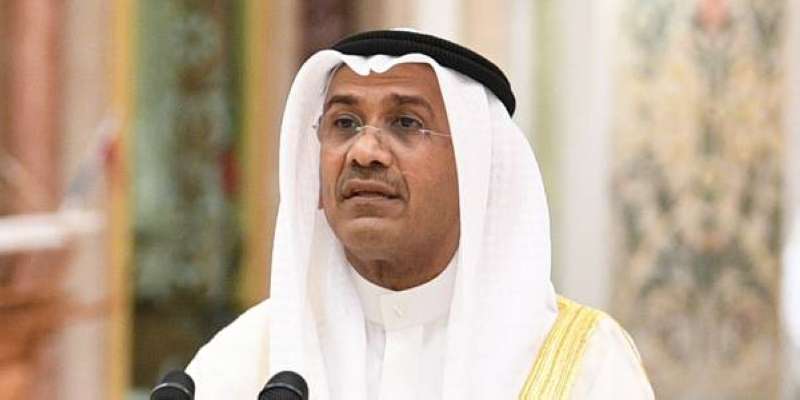22/02/2024
22/02/2024

KUWAIT CITY, Feb 22: During the fourth symposium organized by the Kuwait Economic Society in collaboration with the Sheikh Sabah Al-Salem Al-Mubarak Al-Sabah Foundation, former Minister of Finance and former Minister of State for Economic Affairs and Investment, Manaf Al- Hajri, outlined critical challenges confronting the current economic administration under the Prime Minister’s leadership, reports Al-Qabas daily. Among these challenges is the delicate balancing act of addressing public demands while steering the economy towards a transformative shift focused on productivity and the knowledge-based economy.
Al-Hajri stressed the urgency of taking decisive measures, advocating for extended working hours and targeted financial assistance for deserving recipients. Emphasizing the imperative of strengthening regulatory bodies, governance structures, capacity building, and top-level appointments, Al-Hajri drew parallels with successful models such as the Markets Authority’s role in enhancing the Kuwait Stock Exchange. He highlighted the need for similar enhancements within institutions like the Audit Bureau. Al-Hajri underscored Kuwait’s economic potential and called for its optimal utilization, leveraging the nation’s financial resources, substantial oil reserves, and extensive investment experience.
He urged for sweeping economic and financial reforms, advocating for the delegation of responsibilities across ministries to ensure efficient governance. While acknowledging Kuwait’s financial strength, Al- Hajri identified institutional shortcomings as impediments to progress. He urged a shift in focus towards addressing technical and cultural challenges, harnessing Kuwait’s significant sovereign wealth and financial resilience.
On the financial front, Faisal Al-Hamad, Head of Wealth Management for the National Bank of Kuwait Group, praised Kuwait’s advancements in developing financial markets and elevating the stock exchange to an emerging market status. He highlighted increased foreign investment and acquisitions of Kuwaiti companies by foreign entities, signaling growing confidence in Kuwait’s economic outlook. However, Al-Hamad cautioned against complacency, expressing concerns about government expenditures outpacing inflation rates. He emphasized the need for strategic adjustments to sustain Kuwait’s economic viability, particularly in addressing actuarial deficits and promoting reforms to enhance private sector employment and investment.
In summary, Kuwait faces a combination of challenges and opportunities in its journey towards economic reform and growth. The insights shared at the symposium underscore the urgency for decisive action and strategic reforms to unlock Kuwait’s full economic potential. Al-Hajri proposed that the new government’s economic team consist of 5 specialized teams:
– A team of specialists concerned with liquidity management.
– A team specializing in governance and oversight, consisting of specialists, working to link the state’s general objectives to the priorities of the regulatory authorities, modernizing the regulatory authorities, appointing senior officials, and monitoring the performance of the main board of directors.
– A team that deals with continuous improvements in state agencies, consisting of specialists, works to review ways to improve the state’s public finances.
– A team concerned with the immediate needs of the citizen, consisting of ministers and government officials.
– A team that deals with long-term projects and consists of specialized experts, and supervises major state projects in major sectors: transportation, communications, oil energy, housing, tourism, finance, and petrochemicals.
Meanwhile, Al-Hamad has stressed on the importance of starting to implement some financial reforms and not being hesitant or afraid of them, most notably the corporate tax (the lost tax), stressing that the state’s economy is more deserving of it, as the tax will be implemented on companies whose revenues exceed 750 million euros in the year 2025, following the international agreements.


